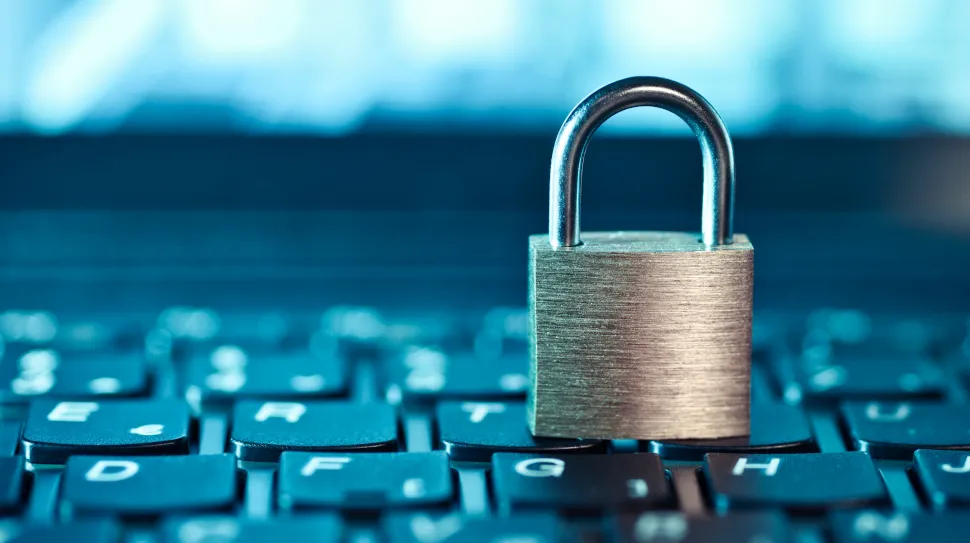Despite repeated warnings from security experts about the dangers of password reuse, a startling number of individuals still engage in this risky behavior. Compounding the issue, many individuals resort to writing down their passwords on easily misplaced pieces of paper, further exacerbating the potential security risks.
A recent report conducted by password management firm Bitwarden, which surveyed 2,400 individuals across the US, UK, Australia, France, Germany, and Japan ahead of World Password Day (May 2), shed light on these concerning password practices. Alarmingly, a quarter of respondents admitted to reusing passwords across 11-20 or more accounts.
Adding to the problem, a significant portion of respondents (36%) incorporate personal information, such as birth dates or names of spouses, into their passwords—a practice that significantly compromises security, especially considering the accessibility of such information on social media (60%) and online forums (30%). Additionally, despite the risks associated with password memorization, 54% of respondents attempt to commit all their passwords to memory, while another third (33%) resort to jotting them down on physical paper kept at home.
The consequences of poor password hygiene are evident, with a notable portion of respondents (19%) experiencing data loss or security breaches as a result. Furthermore, a quarter (23%) have had their passwords stolen or compromised in the past, underscoring the severity of the issue.
Despite these concerning findings, there are signs of progress. Half of the global respondents (51%) have adopted a password manager for their personal accounts, signaling a growing awareness of the importance of password security. Additionally, 45% reported reducing their password reuse frequency, indicating a positive shift in behavior. Moreover, there has been a significant uptick in the adoption of two-factor authentication (2FA), with 80% of global respondents implementing it for personal accounts and 66% for workplace accounts, demonstrating a commitment to bolstering security measures.


